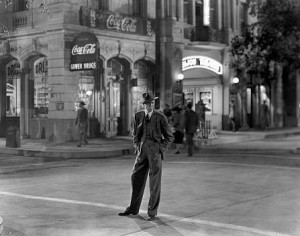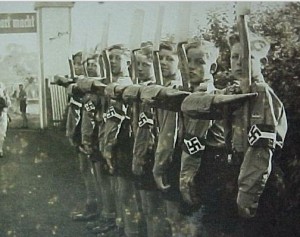I think it’s my age. I’ve been thinking about delinquency. Just a phase I’m going through, probably.
Reading Not Your Heart Away poses some problems for God-fearing folk who saw England as a land where laws were supposed to be upheld, where decent girls didn’t, where the consequences of pre-marital sex were not just pregnancy and disease but much more importantly to some, shame and ruin. Alongside the “moral” issues (who decides on morality? Oh anyone, don’t worry about that, so long as they can say with a straight face that that’s what God meant) there is also a measure of straightforward criminality.
Under-age drinking. Landlords tolerating (or pretending not to know about ) it. Drug-taking. Being drunk in a public place. Having sex ditto. Possession of a controlled substance. Possibly (pending the outcome of luckily fictional) blood tests, drunk driving.
The victims of crime were variously unhappy. Theresa was in tears realising not only that Ben was never going to put a ring on her finger but also fancied someone else a lot more than her. Ben himself, who tended to blame Claire for messing his life up for ever when really, he did it to himself. Liz, but only in the sense that she was just pissed-off with Ben being an idiot, poncing around with rich girls. Poor Claire seems the most damaged, her whole life in free-fall after her parents decided provincial pettiness about who puts what where belonged with steam trains, the Home Service and rationing, all of which they remembered.
Some characters’s lives changed hugely for the better in the same atmosphere. Poppy, for example, who might once have faced a cloistered life, bursting exuberantly out of the closet with no apparent harm to herself or anyone else. Liz herself, who was mostly just irritated with Ben and waiting for the revolution she thought would topple the likes of Claire and her kind forever. Bad luck Liz. There was going to be a revolution but you didn’t know it would do exactly the opposite of what you hoped.
Talking About A Revolution
Another revolution is going on now. One where part-time policemen can decide whether you should be allowed to say things they object to in public not just then and there (Ben’s generation were just told to shut up and piss off home) but for up to three years. If you don’t like it you can go to prison. Think I’m making this up? Sadly, I’m not. It’s all over the news, or it would be if the BBC didn’t feel the Royal Baby (capitals to match its divinity please) was more newsworthy. Maybe it’s the same revolution that was starting back then.
It certainly isn’t the one Ben and his friends had any idea was going to happen. Back in the days when Tina Turner’s We Don’t Need Another Hero, (‘a bit political,’ as Ben Elton used to say) Adam Ant (Thatcherite motto: your money or your life, although in the Falklands in 1982 she wanted both) and Haysi Fantayzee (John Wayne – bad. Anal sex – sorry, the jury’s still out on that one) were political voices in the land, in retrospect John Otway much more than Billy Bragg captured the true spirit of the 1980s revolution when he sang about the ongoing oppression of the rural poor by the bourgeoisie. (“Louisa said: Get me a saddle boy, and go and mount my horse. You and me together are going for a ride”). Gleefully, a whole generation grabbed its Ray-Bans and jumped into its Volkswagen Golf.
And what a ride it was. In a very few short years Ben’s generation dumped the leftover trappings of an alternative society founded on strawberry cigarette papers and patchouli, love, peace, unrestrained sex and gentle law-breaking. They swapped all of that for mortgages within a few years of graduation, silly spectacles, red braces and AIDS. A lot of them became seriously better-off in the process. A lot of them still mourn the freedoms that were lost.

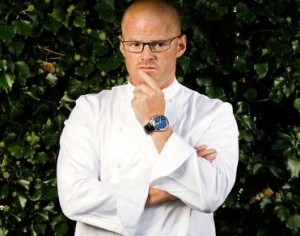
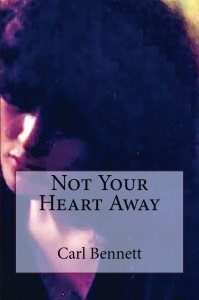 Heart Away
Heart Away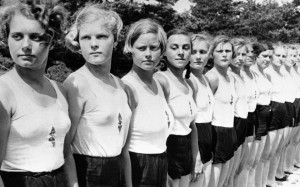 I wanted to find out more about German villages and the Eidelweiss Pirates so I turned, as you do for everything these days, to Google. All I wanted to do was find some pictures that would show me a German village, so I could imagine the mood of it in my head. Richard Curtis played one song over and over again when he was writing films, so I thought I could allow myself this one small indulgence. I don’t do this a lot. Honest, guv. It was just the once. For research. For this book and that. To see what was there. That’s the only reason I was looking at pictures like that, straight up, as they used to say on The Sweeney.
I wanted to find out more about German villages and the Eidelweiss Pirates so I turned, as you do for everything these days, to Google. All I wanted to do was find some pictures that would show me a German village, so I could imagine the mood of it in my head. Richard Curtis played one song over and over again when he was writing films, so I thought I could allow myself this one small indulgence. I don’t do this a lot. Honest, guv. It was just the once. For research. For this book and that. To see what was there. That’s the only reason I was looking at pictures like that, straight up, as they used to say on The Sweeney.
